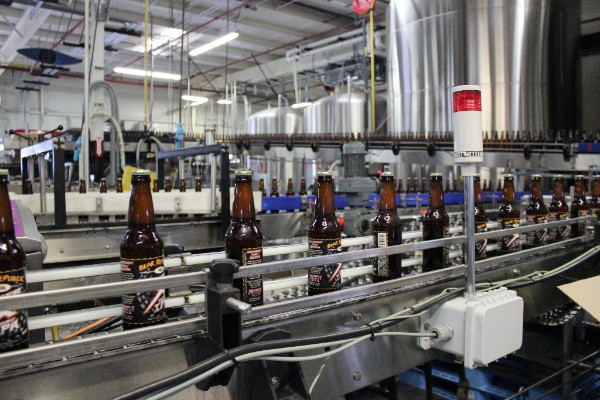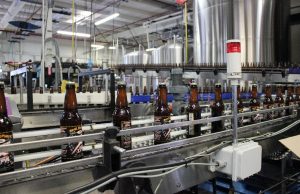
This was a brewery that made great beer. It was growing fast, and although its distribution was still local, the beer sold quickly.
So when the beer was ready, staff started bottling it right from the brite tank. They labeled it, packaged it, and sent it out just as fast as they could.
Then the reports started coming back in. Not only was this not great beer—it was actually defective beer. And the brewery had to work fast to bring it back in.
No one wants to deal with a product recall. It can be damaging to the company’s reputation. It means there’s no profit to be made on that product. It’s a time-consuming hassle—and can be a sizable expense.
While this brewery still had to spend time dealing with the hassle of it all, they didn’t have to worry too much about the expenditure. And that was all due to their product recall coverage.
Know What Your Coverage Includes
“Product recall isn’t a common coverage that’s included for brewery insurance,” points out Jim Lassen, Director of industry solutions for The Hanover Insurance Group.
“This is probably one of the most overlooked coverages out in the marketplace—but it’s one that we make sure to include in our brewery insurance package. That’s how important it is.”
But the impact of a product recall on a small brewery could be devastating. Lassen estimates that the average claim ranges from $25,000-$50,000. And the coverage is comprehensive. In addition to the expense incurred bringing the beer back after it’s already in the market, it includes removal and disposal of defective beer and/ or defective packaging—and the profit the brewery has lost as a result of not being able to sell that batch.
A bad beer can happen to anyone. Richard Beall, principal of Beall Brewery Insurance, recalls one client who brewed a double batch of one of their most popular beers—only to discover it had been contaminated by wild yeast. Fortunately, the brewery discovered the problem in batch testing before they began distribution. Even more fortunately, their spoilage and contamination coverage protected them: it covered the cost of making the beer as well as the profit they lost by having to dispose of it.
“The combination of spoilage and contamination coverage and product recall coverage protects you through the whole process,” says Beall, who works with craft breweries across the country.
“If you’re doing distribution, you should have product recall coverage.”
Preventing a Problem Before It Occurs
Ideally, of course, all breweries would be able to prevent spoilage and contamination—and discover any problems before distributing bad beer, as Beall’s client did. After all, it’s not the role of insurance to make up for faulty maintenance or poor quality control.
A well-developed quality control program, as well as a built-out recall plan, are key.
“We want to make sure they have a process in place to do everything,” says Lassen.
“From a quality control standpoint, it’s key that a brewery keep track of and inspect every ingredient that comes through the door: hops, yeast, the grains,” adds Kristian Beall, AAI, brewery insurance agent at Beall Brewery Insurance. “They need to make sure it meets their specifications.”
They also need to know their brewing schedule well enough to understand how big a brewing supply they need to keep on hand. Otherwise they might end up with ingredients stored at the brewery too long and going bad.
When there is a spoilage and contamination claim (before the beer is released into the marketplace) or a product recall claim (after the beer has been distributed), Beall encourages clients to investigate ways they could strengthen their quality control program to prevent a similar incident from happening in the future. After going through a claim, one client actually hired a full-time quality control manager to ensure that the growing operation followed the quality control plan to the letter—protecting the business, protecting the beer, and preventing any future claims.
“But if a defective beer gets out there in the market, a brewery needs to make sure they’ve got a good team in place, the proper controls—and a good insurance program that includes spoilage and contamination and product recall coverage,” says Richard Beall.
“Product recall insurance isn’t intended to make up for faulty maintenance or poor quality control,” adds Kristian Beall. “It is intended for a brewery’s protection in case something unexpected happens.”

Be the first to comment